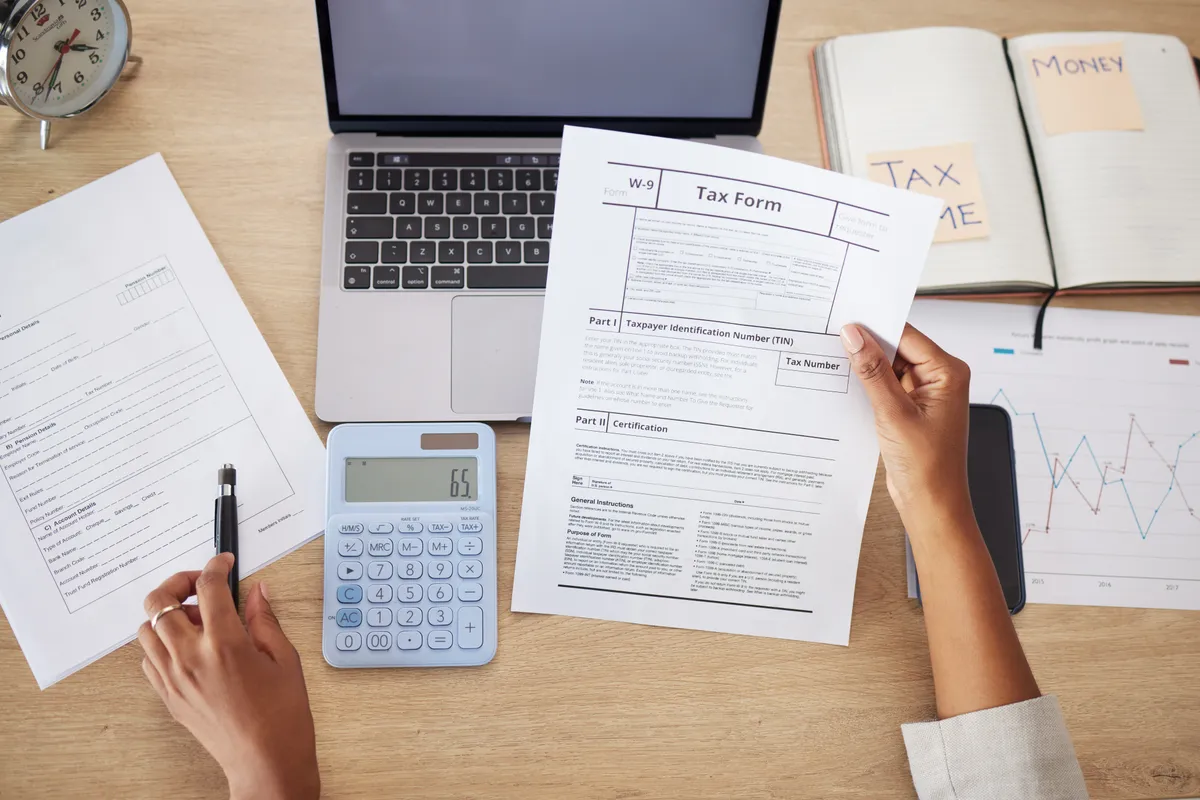Filing taxes for a homeowners association (HOA) is a crucial responsibility that ensures compliance with federal and state tax regulations. For many HOA board members, especially those new to the role, the process can feel complex and overwhelming. However, failure to file taxes properly can lead to penalties and unnecessary complications.
Key HOA Tax Filing Tips
This article outlines the top 10 tips to help HOAs navigate tax season with ease.
1. Understand Your HOA’s Tax Obligations
Yes, homeowners associations (HOAs) must file taxes annually. While some HOAs may be classified as nonprofit organizations at the state level, the federal government generally considers them corporations for tax purposes. This means that unless specifically exempt, HOAs are required to file tax returns and report their financial activities.
2. Keep Accurate Financial Records
Proper record-keeping is crucial for filing accurate tax returns. HOAs should compile financial documents, including:
- Membership dues and assessments
- Interest income
- Rental income (if applicable)
- Operating expenses (e.g., maintenance, utilities, administration)
Maintaining well-organized financial records throughout the year simplifies the tax filing process. Community management software like Enumerate Central provides customizable financial reports that help measure, track, and organize important financial metrics and reports throughout the year.

3. Choose the Right Tax Form: 1120 vs. 1120-H
HOAs have two primary tax forms they can file:
- Form 1120: The standard corporate tax return, which may lead to taxation on net income but allows for deductions.
- Form 1120-H: A simpler form that provides tax benefits if at least 60% of the HOA’s income comes from membership dues and 90% of expenditures are for property maintenance. Choosing the right form depends on the HOA’s financial structure and income sources.
4. Determine Taxable and Non-Taxable Income
- Exempt function income: Membership dues, assessments, and fees collected for maintenance and property-related expenses are typically tax-exempt under Form 1120-H.
- Taxable income: Includes rental income from HOA-owned properties, vending machine revenue, and interest income. These must be reported and may be subject to taxation.
5. Complete Tax Forms Carefully
- Form 1120: Requires detailed financial statements, income breakdowns, and potential deductions.
- Form 1120-H: Simpler to file, focusing on exempt and non-exempt income. Careful completion of the selected form helps avoid errors and potential audits.
6. Meet Tax Filing Deadlines
HOAs must adhere to IRS deadlines:
- Form 1120-H: Due by the 15th day of the 3rd month after the tax year ends (typically March 15 for calendar-year HOAs).
- Form 1120: Due by the 15th day of the 4th month (April 15 for calendar-year HOAs). Extensions can be requested if additional time is needed to gather necessary information.

7. Explore Tax Exemptions and Benefits
Some HOAs may qualify for tax-exempt status under Section 501(c)(4) if they serve a community purpose, maintain common areas, and allow public access. However, this exemption requires an IRS application and approval.
8. Reduce Your HOA’s Tax Liability
- Maintain clear records of exempt function income.
- Allocate expenses wisely to reduce taxable income. Integrating an accounts payable solution directly into your management software like Automate AP, can simplify and automate the expense management process—ensuring efficient tracking and proper allocation of funds.
- Consider filing Form 1120-H to avoid unnecessary taxation on membership dues.
9. Address Missed Tax Filings Immediately
If an HOA has not filed taxes for multiple years, immediate steps include:
- Locating past tax returns (if available)
- Filing delinquent returns as soon as possible
- Consulting with a tax professional to determine if past-due Form 1120-H can still be filed
10. Plan Ahead to Avoid Future Tax Issues
To prevent future tax complications:
- Implement a tax filing schedule
- Consider hiring an accountant or CPA familiar with HOA tax regulations
- Ensure you have the right community management software with the reporting and tools you need through the year.

Learn more about HOA Tax Filing and Returns
Filing taxes is an essential duty for HOAs to stay compliant and avoid penalties. By understanding tax obligations, selecting the correct forms, and keeping accurate records, you can help ensure a smooth tax season. Staying proactive with tax filings will protect the HOA’s financial health and prevent potential legal complications.
Want to learn more about simplifying your financial operations with Enumerate? Click the button below to watch our latest product overview webinar and discover how Enumerate Central simplifies and automates your financial operations—so you’re always prepared for tax season.
HOA Tax Filing FAQs
- What happens if my HOA fails to file taxes?
- Failure to file can result in IRS penalties and possible loss of tax benefits.
- How do I know if my HOA qualifies for Form 1120-H?
- Your HOA qualifies if 60% of its income comes from members and 90% is spent on property maintenance.
- Can HOA board members be held personally liable for tax mistakes?
- Generally, no, but intentional fraud or negligence could lead to legal consequences.
- What are the penalties for late tax filing?
- Penalties vary but can include fines and interest on unpaid taxes.
- Is there a way to avoid paying taxes on HOA income?
- Proper classification of income and expenses, along with filing Form 1120-H, can minimize tax liability.
Always check with your CPA/Accountant or IRS.gov if you are unsure.
Disclaimer: The information provided in this blog is intended to offer general tax tips and best practices for HOAs and is for informational purposes only. It should not be considered a substitute for professional financial, accounting, or legal advice. Please consult IRS.gov or a qualified accounting and tax preparation professional for specific guidance related to your HOA’s financial and tax-related matters.




